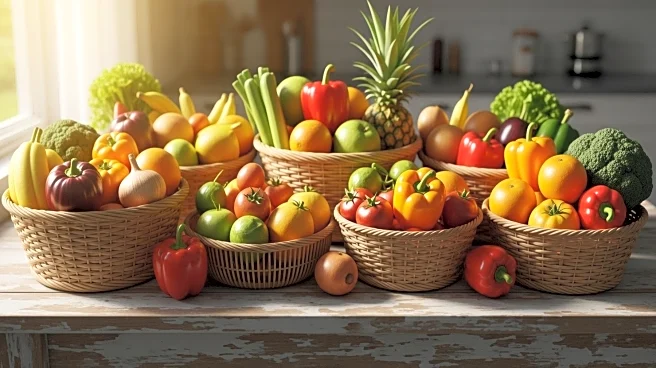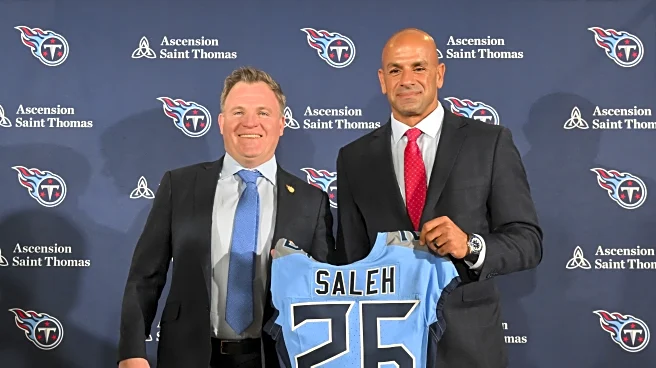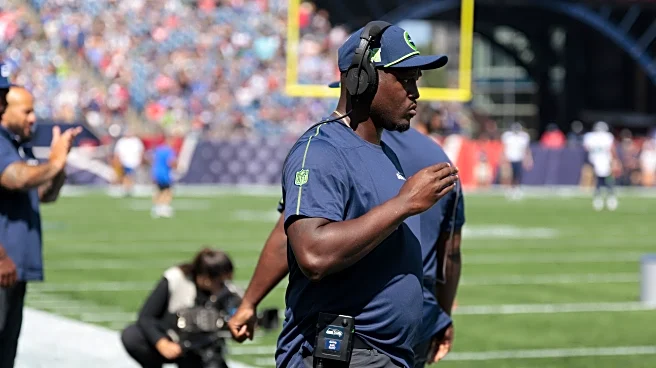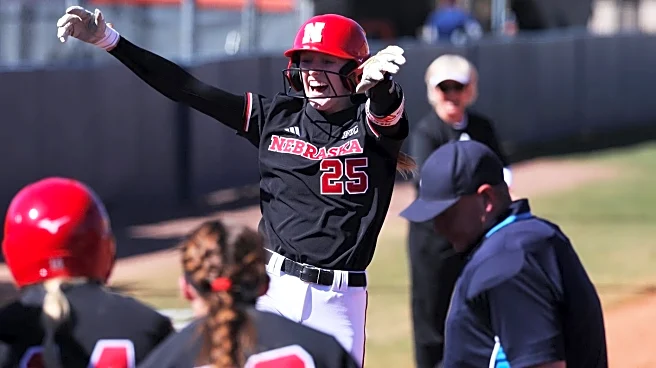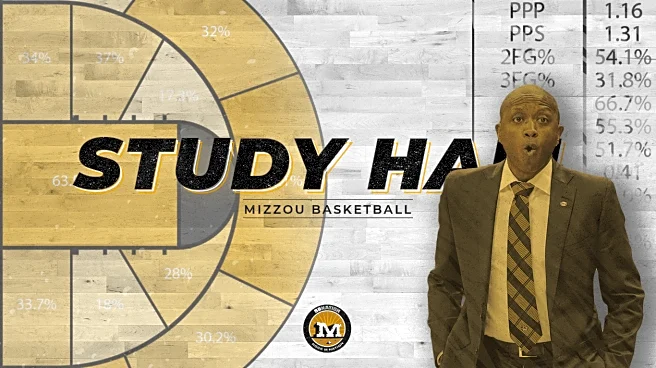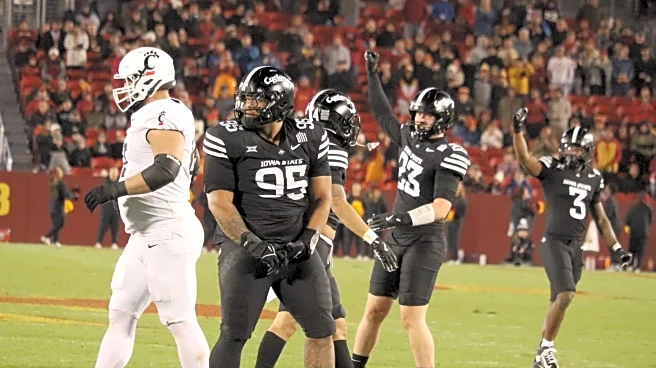What is the story about?
What's Happening?
Iowa's new summer food program, Healthy Kids Iowa, aimed at combating food insecurity among children, has encountered significant logistical challenges. The program, which serves as an alternative to the federal Summer EBT program, involves distributing healthy food directly to families rather than providing funds via debit cards. Food banks and pantries across the state have been tasked with purchasing, delivering, storing, packing, and distributing food items such as eggs, hot dogs, pears, canned meals, and fruit cups. This has required substantial volunteer efforts and diverted resources from regular services. Despite serving nearly 47,000 children in July, the program fell short of its target of 65,000 children per month, and only reached a fraction of the estimated 240,000 children who would have benefited from the federal program.
Why It's Important?
The logistical challenges faced by Healthy Kids Iowa highlight the complexities of implementing state-specific solutions to food insecurity. While the program aims to provide healthier food options, the strain on food banks and pantries raises questions about its sustainability and effectiveness. The initiative reflects broader concerns about the allocation of food assistance and its impact on public health, particularly in addressing obesity rates among children and adults. The program's difficulties underscore the need for careful planning and resource management in public policy initiatives aimed at improving nutrition and reducing food insecurity.
What's Next?
Iowa's Department of Health and Human Services is seeking feedback from food banks and pantries to assess the program's effectiveness and identify areas for improvement. The agency plans to review survey results from participating families and engage in discussions with the USDA to refine the program. Potential changes could include expanding distribution sites, adjusting operational hours, and addressing dietary and cultural needs. The future of Healthy Kids Iowa will depend on its ability to overcome logistical hurdles and effectively serve the state's food-insecure children.
